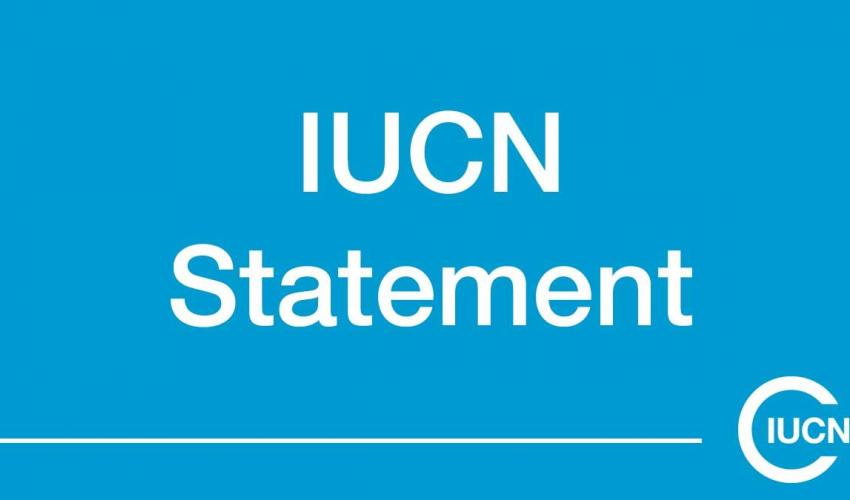Outcomes of the Local Communities and Indigenous Peoples Platform
Report from CEESP Chair, Kristen Walker Painemilla
Last week after three years of work, the 24th meeting of the Conference of Parties (COP24) reached a major accomplishment with a draft decision on the Local Communities and Indigenous Peoples Platform (LCIPP).
As stewards of many crucial ecosystems, indigenous peoples and local communities are on the front lines of climate change and increasing evidence keeps demonstrating the importance of their contribution to climate action. In the Paris Agreement, we see recognition of this fact, but considerable work is needed to better integrate their knowledge, best practices, and perspectives into climate decisions and actions at the national and international levels.
The draft decision on the Local Communities and Indigenous Peoples Platform, I am pleased to say, was officially adopted by Conference of the Parties (COP) on December 13th and is a major step forward in this recognition.
This decision on the LCIPP establishes a facilitative working group, which includes a governance structure, as well as the modalities for the development of a work plan. The process that led to the draft decision was unique for the UNFCCC in that it directly engaged non-state actors, in this case, Indigenous Peoples, in the negotiations and preparatory workshops that we have seen culminate over the past two weeks here. Although not without a few challenges along the way, this process will also be highlighted as a model for the UNFCCC in how to engage non-state actors in these negotiations for the greater good.
LCIPP will be comprised of equal representation of Parties and Indigenous Peoples Organizations and provides a space to fulfill LCIPP functions on knowledge exchange and sharing of best practices, capacity for engagement, and climate change policies and actions.
This policy outcome opens an opportunity for increasing climate ambition, strengthening IPLC leadership, integrating natural climate solutions into national climate commitments, and building bridges between state and non-state actors in climate action.
IUCN IPO members such as Fundacion Para la Promocion de Conocimiento Indigena (FPCI), Asociación Ak' Tenamit, Inuit Circumpolar Council (ICC), Coordinator of Indigenous Organizations of the Amazon River Basin (COICA), Indigenous Peoples Coordinating Committee of Africa (IPACC) has been actively engaged in the LCIPP its inception. In addition, Lola Cabnal of Asociación Ak' Tenamit was on the Guatemalan delegation. CEESP through the Chair and SPICEH as well Conservation International through its role as a Global Executing Agency for the Dedicated Grant Mechanism for Indigenous Peoples and Local Communities played a strategic advisory role as well supporting convening opportunities. As always, Hindou Ibrahim played a critical role in engaging with governments along the way. The governments of Costa Rica, Canada, China, Bolivia, Ecuador (chair of G77), Japan, Norway, Finland, the US, Thailand, and the EU were involved in the negotiations.
We are very excited about this outcome and look forward to continuing to integrate it in our work at the country and community level. I am sharing the recording of the CI and the Government of Costa Rica’s Side event featuring IUCN CEESP side event (which coincided with the draft finalization) on December 7th Indigenous Peoples Day. Please see addition social media from the DGM’s social media in twitter, facebook and webpage as well as my own Twitter feed @kfpainemilla. An additional event was held at the Paris Committee Capacity Building Hub on December 5th and can be found here.





